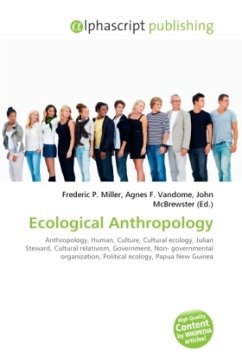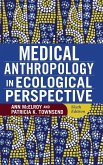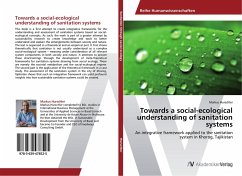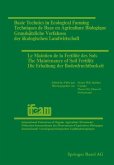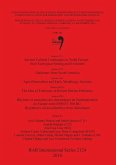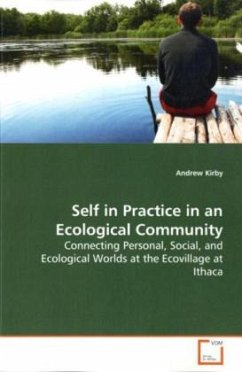Ecological anthropology is a subfield of anthropology that deals with human-environmental (culture-nature) relationships over time and space. It investigates the ways that a population shapes its environment and the subsequent manners in which these relations form the population s social, economic, and political life (Salzman and Attwood 1996:169). Ecological anthropology applies a systems approach (Ellen 1982; Hardesty 1997; McGee 1996) to the study of the interrelationship between culture and the environment. At the heart of contemporary ecological anthropology is an understanding that proceeds from a notion of the mutualism of person and environment (Ingold 1992:40) and the reciprocity between nature and culture (Harvey 1996). In the 1960s, ecological anthropology first appeared as a response to cultural ecology, a sub-field of anthropology headed by Julian Steward. Steward focused on studying different modes of subsistence as methods of energy transfer and then analysed how they determine other aspects of culture.
Bitte wählen Sie Ihr Anliegen aus.
Rechnungen
Retourenschein anfordern
Bestellstatus
Storno

